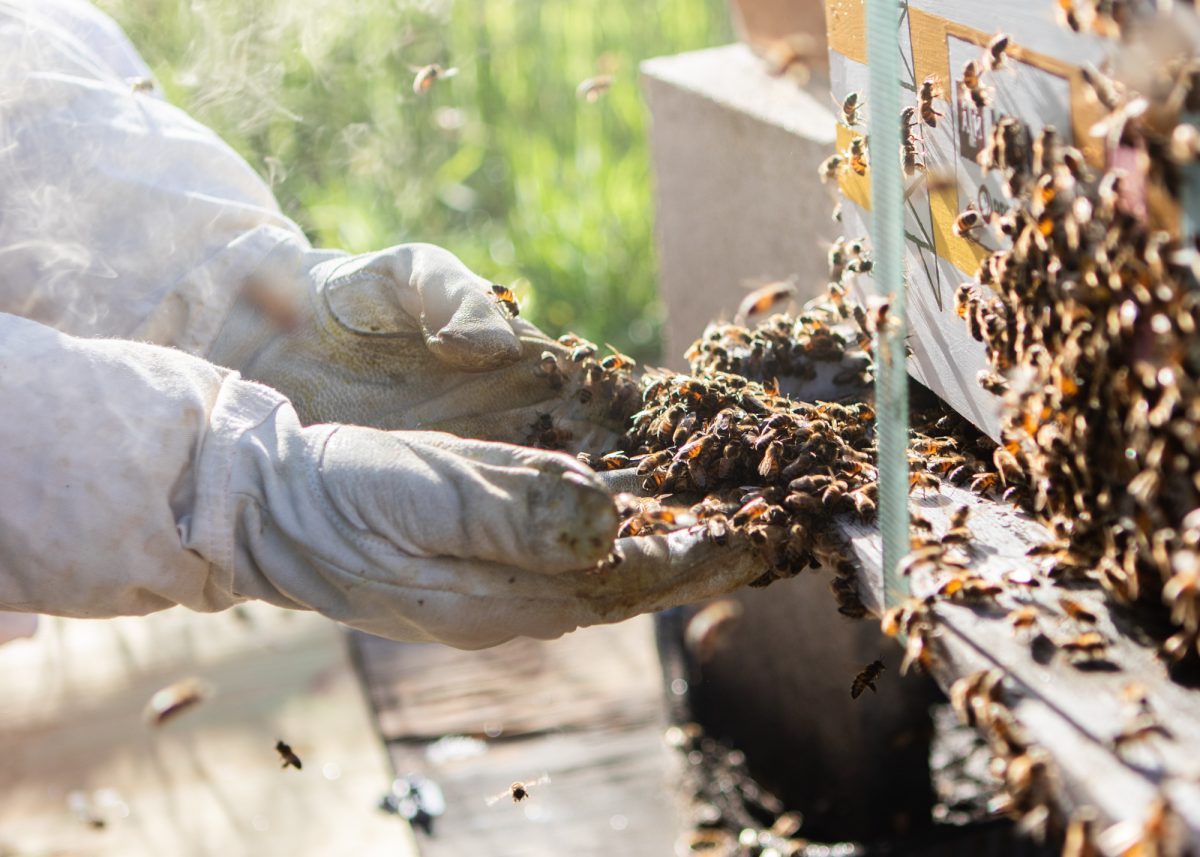An A&M professor’s research suggests bigger government involvement may not be a be such a bad thing.
Political science professor Alexander Pacek co-wrote the study titled, “Assessing the Impact of the Size and Scope of Government on Human Well-Being,” with Baylor assistant professor Patrick Flavin and University of Notre Dame professor Benjamin Radcliff.
Using data from the World Values Survey, which spans almost three decades, the study looked at 21 developed free market economies across the globe and the respective “happiness” of the local population.
“My coauthors and I have been looking at the impact of public policies on what you could call human well-being in previous studies, and we noticed that the debate over government has been getting bigger and louder, not just in the United States but around the world,” Pacek said. “Our research was looking at more specific welfare policies, and we wanted to try and see if we could capture the impact of government more. We did so in a rather specific and admittedly fairly limited way.”
For the purpose of the study, Pacek and his peers looked at four different measures of government involvement: the share of the economy that is taken up by government spending, the percentage of GDP taken up by welfare spending, market regulation and the measure of decommodification.
“This was really an attempt to really capture both the quantity of government involvement and quality,” Pacek said. “Decommodification basically consists of three things: the eligibility requirement for receiving government assistance, the duration a person can be on government assistance, and the extent of coverage of assistance. This is something that varies a lot.”
While happiness is commonly being used to describe the topic of the study, Pacek said the measure they used was life satisfaction, a measure close but not identical to happiness.
“Often in discussion the two get intertwined, Pecek said. “They’re related but different in that happiness is something that that is governed by mood, and life satisfaction is really an analysis of how good is your life going. What we used is a fairly straightforward and well discussed measure which is a scale from one to ten in which people rate how much they find their life is satisfying.”
In order to see the effect the studied government policies had on satisfaction, Pacek controlled for the traditional factors that make people happy.
“Well here’s where things get tricky,” Pacek said. “There have been no fewer than 3,000 studies written on what makes peoples’ lives satisfying. We know that there are some textbook causes like being healthy, married or employed. What we do in our study is control for all of these things in our analysis.”
Of the four increasing levels of government involvement the study looked at, Pacek said each level had an increasingly positive impact on life satisfaction.
Pacek said the results of the study do not promote the adoption of larger government involvement in all democracies, only that certain aspects of government policy seem to have a positive effect on people’s satisfaction with their situation.
“What I can say is that we are not arguing that big government is this wonderful thing,” Pacek said. “We’re not remotely arguing that or even really offering judgment. What we are talking about is a set of measures based on government policy that appear to make peoples’ lives more satisfying. When you think of a phrase like ‘big government,’ you think of some very obvious and correct things like tyranny and invasiveness and bureaucracy. We’re not really taking a stand, but really looking at some aspects of government across a set of countries.”




















